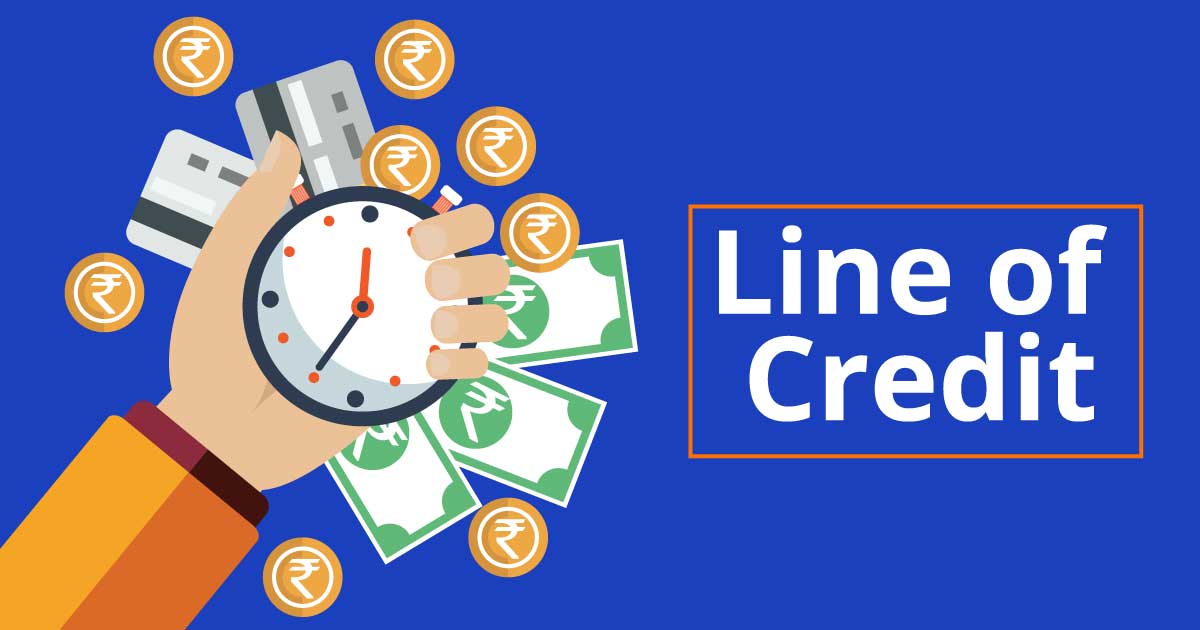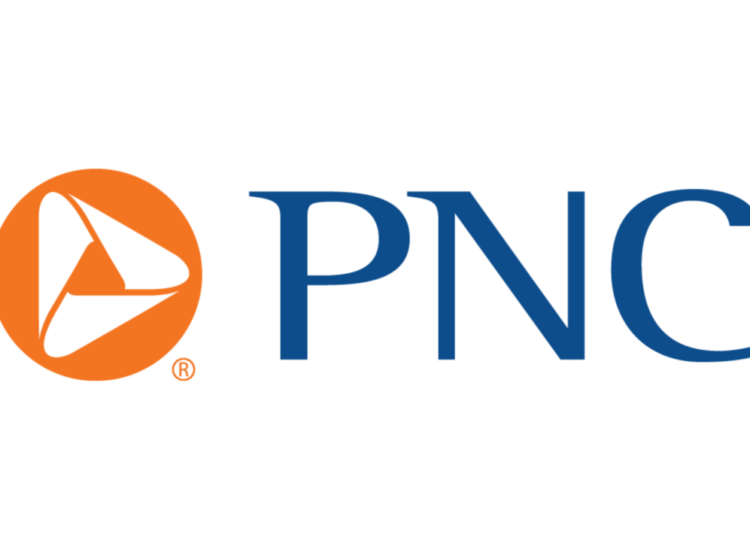The allure of homeownership is undeniable, but the financial hurdles can be daunting, particularly for first-time buyers. While traditional banks remain a mainstay in the mortgage industry, online mortgage lenders are increasingly challenging the status quo, offering a more convenient and potentially cost-effective path to homeownership. In this comprehensive guide, we’ll explore the world of online mortgage loans, equipping you with the knowledge and tools to navigate this digital landscape and achieve your homeownership dreams.
Toc
- 1. Revolutionizing the Mortgage Experience: The Rise of Online Lenders
- 2. Exploring the Diverse World of Online Mortgage Loan Options
- 3. Navigating the Online Mortgage Loan Application Process
- 4. Comparing Online Mortgage Loan Companies: Unlocking the Best Deals
- 5. Maximizing Your Success with Online Mortgage Loans
- 6. FQAs: Addressing Common Concerns
- 7. Conclusion
Revolutionizing the Mortgage Experience: The Rise of Online Lenders

The mortgage industry has undergone a significant transformation, with online platforms taking center stage. These innovative lenders have streamlined the application process, making it easier than ever for first-time buyers to apply from the comfort of their own homes. By leveraging technology, online mortgage lenders provide unparalleled transparency, allowing you to quickly and easily compare rates, loan options, and fees across multiple providers.
In fact, the online mortgage market is booming. According to the Mortgage Bankers Association, online lenders originated 23.1% of all mortgage loans in the first quarter of 2023, up from 18.8% in the first quarter of 2022. This growth is driven by factors such as the ease of use, competitive rates, and the ability to complete the entire process online.
The convenience and accessibility offered by online lenders have made them an increasingly popular choice among those embarking on their homeownership journey. Moreover, the lower overhead costs associated with online lenders often translate to reduced fees, further enhancing the affordability of the homebuying process for first-time buyers.
The Digital Transformation of Home Loans
The shift to online mortgage loans isn’t just about convenience; it’s also about the overall experience. Traditional mortgage processes can be bogged down by paperwork and lengthy in-person meetings. In contrast, online mortgage loans allow you to complete applications, upload necessary documents, and track your loan status online. This digital transformation empowers borrowers, giving them greater control over their mortgage journey.
Exploring the Diverse World of Online Mortgage Loan Options

As a first-time homebuyer, you’ll have a variety of online mortgage loan options to consider, each with its own unique set of benefits and requirements. Let’s dive into the most prominent options:
Conventional Loans: Flexibility and Competitive Rates
Conventional loans are a popular choice for homebuyers, as they typically offer competitive interest rates and flexible down payment options, with as little as 3% required in some cases. These loans are not backed by the government, which means they may have stricter requirements regarding credit scores and debt-to-income ratios.
However, it’s important to note that not all online lenders are created equal. Some may have hidden fees or less transparent practices. It’s crucial to carefully research and compare lenders before making a decision. Additionally, while online lenders can offer convenience, some first-time buyers may prefer the personal touch and guidance provided by traditional banks.
FHA Loans: Bridging the Gap for Low-Credit Borrowers
For first-time buyers with lower credit scores or limited savings for a down payment, FHA loans can be a game-changer. Backed by the Federal Housing Administration, these loans feature down payments as low as 3.5% and more relaxed credit score requirements, making homeownership more accessible.
FHA loans are particularly beneficial for those who may not have a perfect credit history but are otherwise financially responsible. They also allow for higher debt-to-income ratios, which can be a significant advantage for first-time buyers who are just starting their financial journeys.
VA Loans: Unlocking Unparalleled Benefits for Service Members
Active-duty military personnel, veterans, and eligible surviving spouses can take advantage of VA loans, which offer unparalleled benefits such as no down payment requirement, lower interest rates, and the absence of mortgage insurance premiums. These specialized loans can be a fantastic option for first-time buyers with a military connection.
VA loans are designed to make homeownership easier for those who have served in the armed forces. The benefits extend beyond just the financial aspects; VA loans also offer additional protections and support for borrowers, making them a reliable choice for those who qualify.
Specialty Loan Programs: Tailored Solutions for Unique Needs
In addition to the more well-known loan types, some online lenders may offer specialized programs tailored to the unique needs of first-time buyers. These could include options like down payment assistance, flexible credit requirements, and personalized guidance throughout the homebuying process.
Programs such as USDA loans are designed for rural homebuyers and offer zero down payment options, while state-specific loan programs may provide additional benefits for local first-time buyers. It’s essential to research these options and see which ones align with your financial situation and homeownership goals.

The online mortgage loan application process has been streamlined to provide a seamless experience for first-time buyers. Let’s explore the key steps:
Pre-Qualification and Pre-Approval: Laying the Foundation
The first step in your online mortgage journey is to undergo the pre-qualification or pre-approval process. While pre-qualification provides a general estimate of your borrowing power, pre-approval takes it a step further by verifying your financial information, potentially giving you an edge when making an offer on a home.
During pre-approval, lenders will assess your creditworthiness, income, and debts. This process can help you understand exactly how much home you can afford, making it a critical step for first-time buyers. Additionally, having a pre-approval letter can make your offer more attractive to sellers, as it demonstrates your seriousness and financial capability.
Gathering Required Documentation: Simplifying the Process
Online mortgage lenders typically require a range of documentation, including pay stubs, tax returns, bank statements, and credit reports. Utilize digital tools to securely upload these documents, simplifying the application process.
Being organized and prepared can significantly speed up the process. Create a checklist of required documents and ensure everything is accurate and up-to-date. This preparation can help you avoid delays and keep your application on track.
Reviewing Loan Terms and Closing: Ensuring a Smooth Transition
Once your loan application is processed, you’ll have the opportunity to review the loan terms, including interest rates, closing costs, and monthly payments. This is a crucial step in ensuring the mortgage fits your budget and long-term financial goals.
Pay close attention to the fine print. Understanding the different fees associated with an online mortgage loan is vital to avoid unexpected costs at closing. The closing process may still involve an in-person meeting, but many online lenders offer the convenience of having a notary come to your home, further simplifying the experience.
Comparing Online Mortgage Loan Companies: Unlocking the Best Deals

When it comes to finding the right online mortgage lender, comparison is key. Focus on the following factors to make an informed decision:
Interest Rates and Loan Terms: Identifying the Best Fit
Carefully compare interest rates and loan terms across different online lenders. Use online calculators to determine the impact of these factors on your monthly payments and overall borrowing costs.
Interest rates can vary significantly from one lender to another, and even a small difference can have a substantial effect on your overall loan cost. Be sure to shop around and obtain multiple quotes to ensure you’re getting the best deal possible.
Fees and Closing Costs: Minimizing the Financial Burden
Online mortgage lenders may offer lower fees compared to traditional banks, but it’s essential to understand the different charges associated with your loan, such as origination fees, appraisal fees, and closing costs. When comparing lenders, it’s crucial to consider the loan origination fees. These fees, typically charged as a percentage of the loan amount, can significantly impact your overall cost. Some online lenders may offer lower origination fees than traditional banks, so be sure to factor this into your calculations.
Compare these expenses to find the most cost-effective option.
Customer Service and Reviews: Ensuring a Positive Experience
Before selecting an online mortgage lender, research their reputation for customer service, responsiveness, and overall satisfaction. Review ratings and testimonials to gain a better understanding of the lender’s commitment to providing a positive experience.
Consider reaching out to potential lenders with any questions you may have. Their responsiveness during this initial phase can be a good indicator of the level of service you can expect throughout the loan process.
Maximizing Your Success with Online Mortgage Loans

To ensure a seamless and successful online mortgage loan experience, consider the following tips:
Improving Your Credit Score: Laying the Foundation for Success
A strong credit score is crucial for mortgage approval. Focus on paying bills on time, reducing credit card debt, and avoiding new credit applications to improve your creditworthiness.
Additionally, improving your credit score can make you eligible for a wider range of loan products, potentially opening up more options and opportunities for first-time buyers. Some lenders offer programs specifically designed for borrowers with less-than-perfect credit, providing alternative paths to homeownership.
Saving for a Down Payment: Unlocking Better Loan Terms
While some online mortgage loans offer low down payment options, saving a larger down payment can help you secure better interest rates and loan terms. Explore down payment assistance programs that may be available to first-time buyers.
Setting a clear savings goal can provide you with a tangible target to work toward. Automate your savings by setting up a dedicated account for your down payment fund, making it easier to reach your financial objectives.
Understanding Your Budget: Ensuring Long-Term Affordability
Carefully evaluate your monthly budget, considering not just the mortgage payment but also property taxes, insurance, and other homeownership expenses. Use online tools and calculators to ensure you can comfortably afford your new home.
A comprehensive budget will help you understand your financial limits and guide your home search. This understanding is critical for avoiding buyer’s remorse after the purchase.
FQAs: Addressing Common Concerns

Q: What are the minimum credit score requirements for online mortgage loans?
A: Credit score requirements vary depending on the lender and loan type. However, most online lenders require a credit score of at least 620 for conventional loans and 580 for FHA loans.
Q: How long does it take to close on an online mortgage loan?
A: Closing times can vary, but online lenders often have faster closing times than traditional banks. You can expect the process to take 30-45 days, but some lenders may be able to close in as little as 20 days.
Q: Are online mortgage lenders safe and reputable?
A: Reputable online mortgage lenders are licensed and regulated. Look for lenders with positive customer reviews and a good track record.
Q: Can I get pre-approved for an online mortgage loan without affecting my credit score?
A: Most online lenders offer pre-qualification, which does not impact your credit score. However, pre-approval involves a hard credit inquiry and can lower your score slightly.
Q: What should I look for when comparing online mortgage loan companies?
A: Focus on interest rates, fees, customer service, and online reviews. A lender’s responsiveness and reputation can significantly affect your experience.
Conclusion
With the rise of technology, applying for a mortgage loan online has become increasingly popular. By comparing interest rates and loan terms, understanding fees and closing costs, researching customer service and reviews, improving your credit score, saving for a down payment, and understanding your budget, you can unlock the best deals with online mortgage lenders. Be sure to also consider factors such as convenience, flexibility, and the ease of communication when selecting an online lender.
Resources
- “Online Mortgage Lenders vs Traditional Banks: Which is Better?” by Natalie Campisi, Bankrate
- “How to Get the Best Loan Rate” by Holden Lewis, NerdWallet
- “The Pros and Cons of Online Mortgage Lending” by Kimberly Rotter, Credit Karma
- “10 Tips for First-Time Homebuyers” by Lucy Lazarony, U.S. News & World Report
- “How to Improve Your Credit Score Before Applying for a Mortgage” by Erica Sweeney, Realtor.com.






